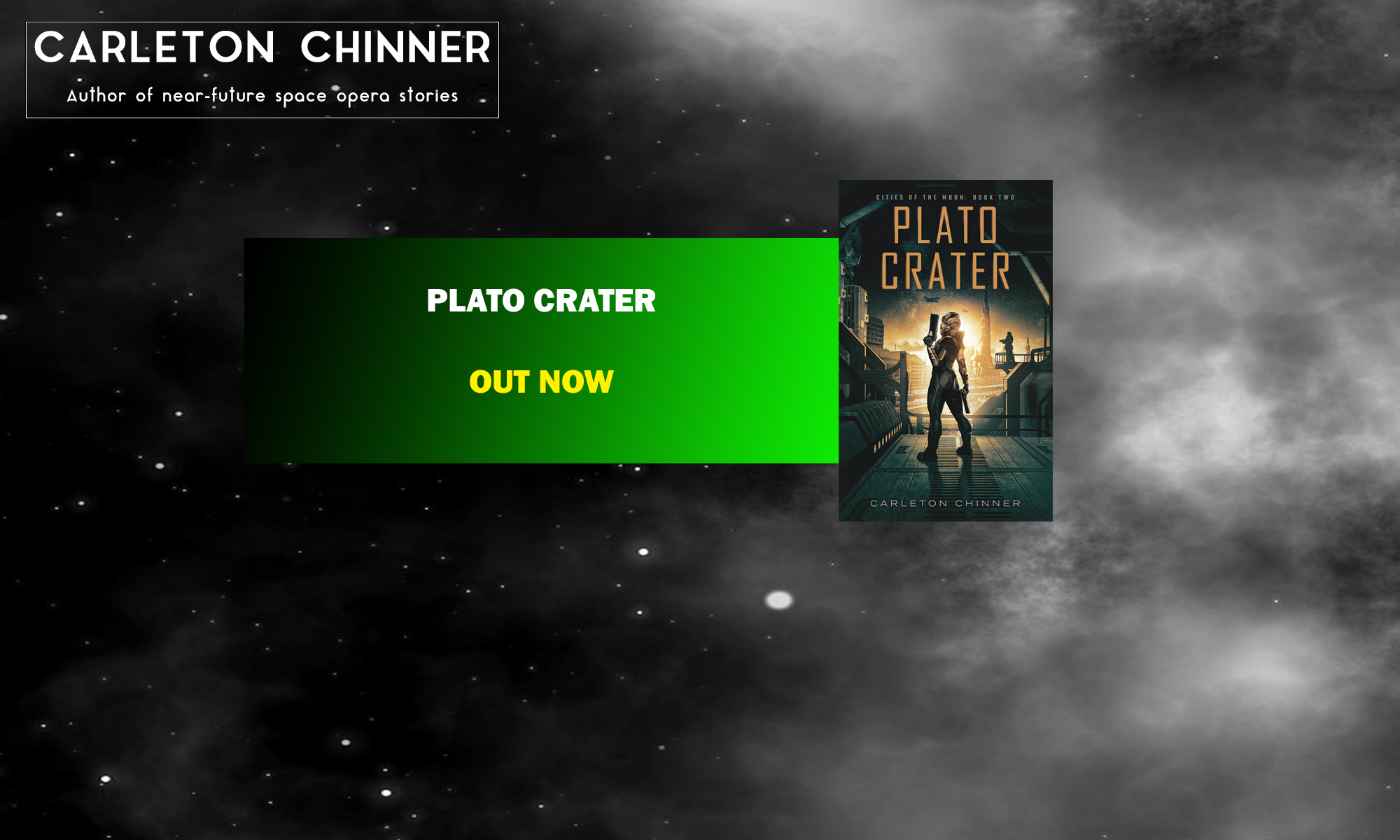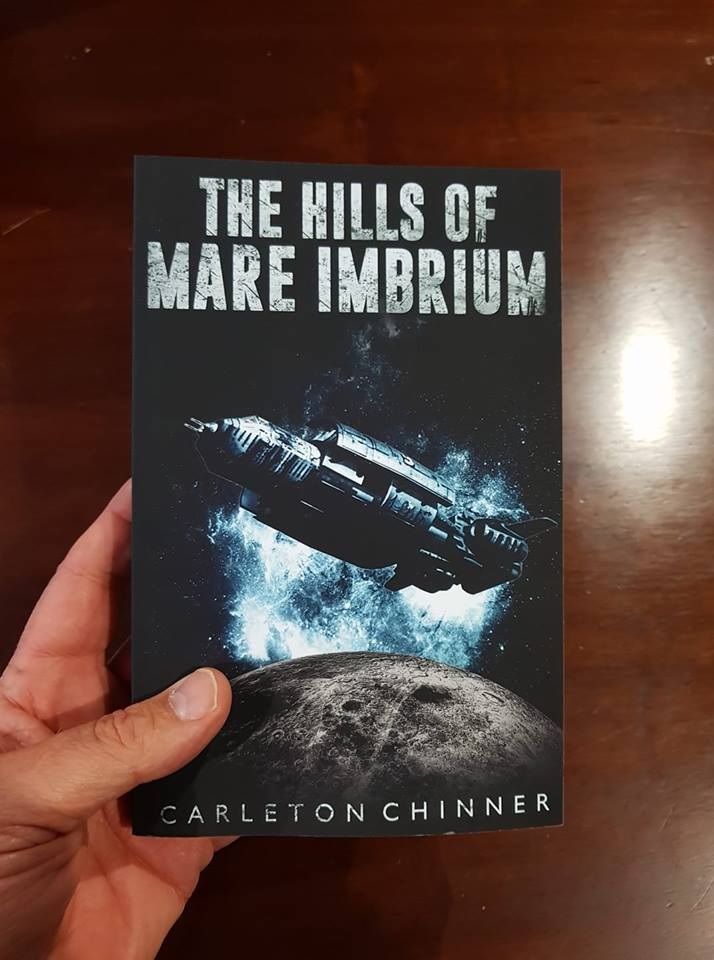While most science fiction transposes human dramas onto spaceships with quirky alien artefacts, a small, but beautiful collection of stories shares visions of strange new worlds that emphasise just what it means to be human by showing us something that is not. Here are my picks for ten of the very best books that will introduce you to aliens so strange and different from everything you know.

A Princess of Mars
by Edgar Rice Burroughs (1912)
We’ll start this foray into the unknown with a book about a manly man rescuing Martian damsels in distress among the red desert landscapes of Mars. Barsoom, as the locals call it abounds with strange life and customs into which John Carter the hero arrives.
A Princess of Mars reflects the social mores of the time in which it was written. Despite this the entire Barsoom series remains popular a century later and has been as an influence on so many books including the works of Arthur C. Clarke and Ray Bradbury mentioned below, films such as Avatar, and the Babylon 5 TV series.
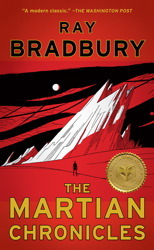
2. The Martian Chronicles
by Ray Bradbury (1950)
This evocative tale of the enduring grandeur and mystery of an ancient, dying world is one of Bradbury’s greatest works. This is less a story than a series of interconnected vignettes in which Bradbury skewers Western racial prejudice, consumerism, and old colonial thinking. An overriding sadness pervades many of the stories, the saddest of which I have always found to be There Will Come Soft Rains in which an abandoned, automated house keeps things perfect despite the absence of humans.

Stranger in a Strange Land
by Robert A. Heinlein (1961)
The novel that gave us the word grok. Heinlein’s masterpiece inverts the strangeness by bringing a human born on Mars to Earth. Valentine Smith is born on the first colony ship sent to Mars. The rest of the crew die after landing and Smith is raised by Martians. Smith’s interactions show us so much of who and what we are as humans. I remember how shocked I was the first time I read how Smith groks the concept of laughter as acknowledgement of another’s pain.
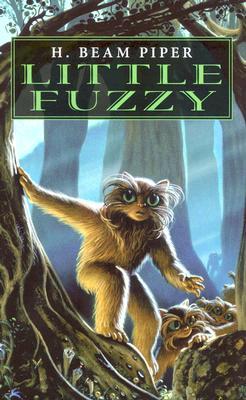
Little Fuzzy
by H. Beam Piper (1962)
If it wasn’t set in a forest on another world, you would be forgiven for thinking Little Fuzzy is not science fiction at all. Then you meet the cutest aliens ever committed to paper and suddenly you are neck deep in metaphysical discussions on the nature of sapience.
I feel H. Beam Piper intended this book to be a riposte to the prevailing rockets and blasters of golden age science fiction. However, the cute fuzzies and slow gentle narrative hide a disturbing look at corporate greed, environmental protection and indigenous rights.

Rendezvous with Rama
by Arthur C. Clarke (1973)
A 50km-long cylinder weighing trillions of tons comes hurtling through the solar system, and an intrepid crew is sent out to investigate. This is no breathlessly exciting thriller, but rather an exploration adventure that emphasises just how opaque an alien civilisation would be to us.
Clarke won most of the major science fiction awards for this work – the Hugo, Nebula and John W. Campbell – as well as a host of other awards because it really is that good. There are no aliens or convenient translations. Instead, there is mystery in spades and the palpable sense that no matter how hard we try, there are things we cannot understand.

The Sparrow
by Mary Doria Russell (1991)
The story unfolds as a poignant tale of self-delusion and loss set against the unknowable strangeness of an alien civilisation. On the surface, this is a first contact novel about the first humans to visit the inhabited planet of Rakhat. There are strange cultures with values that make no sense to a human. One sentient species considers another sentient species to be prey. Individuals are disfigured as a mark of reverence. However, what will stay with you long after the book finishes is the deft characterisation. The tragedy of a Jesuit priest’s crisis of faith reverberates with questions of who we are and what we believe.
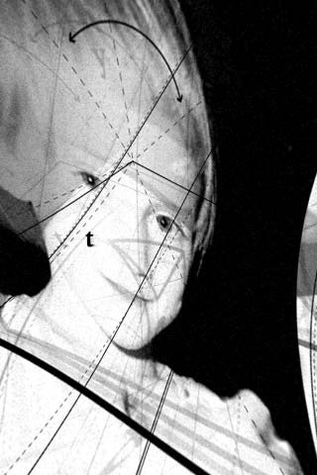
6. Story of your Life
by Ted Chiang (1998)
A short story that covers huge philosophical ideas without becoming preachy or complicated. It was later turned into a beautiful film—Arrival (2016).
Alien spaceships arrive on Earth and speak in a written language nobody understands. A linguist, Dr Louise Banks deciphers the language which is based on symbols. The thought-provoking story explores the Saphir-Whorf hypothesis that suggests that the language we speak structures the way we think; that, at some level, we are formed by our words. There are other questions too, such as do we have free will if we are no longer anchored in time?

The Quantum Thief
by Hannu Rajaniemi (2010)
Jean le Flambeau wakes in prison and must kill a version of himself before another version of le Flambeau kills him first. Nothing is quite as strange as quantum physics and nobody explores this weirdness as well as Rajaniemi; from a flirty spaceship, to the theft of memory, to an economy based on time.
Less a science fiction adventure than a crime whodunit bursting with new ideas. Don’t expect exposition, just get on board with the weirdness and enjoy the ride through a future where the line between human and computers has become so blurred it hardly exists.
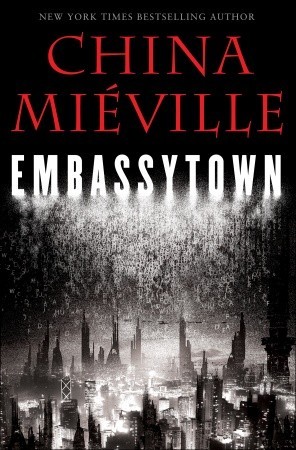
Embassytown
by China Miéville (2011)
Language is reality, becoming a simile is an honour, and sculptures of air keep a town on the edge of the universe alive. Nobody does strange quite as well as Miéville does. If you are new to Miéville, I would suggest starting with one of his easier works such as Perdido Street Station, or Railsea. Embassytown takes no prisoners in its deep language and love of the otherness of an extremely alien point of view.
An enduring motif in Miéville works is the transposition of old technology into a future space, in this case the motif of sailing is translated into hyperspace complete with seasickness and sharks.
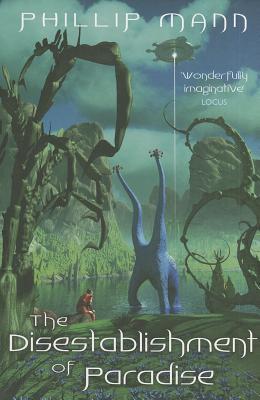
The Disestablishment of Paradise
by Phillip Mann (2013)
Join the last two people on the planet of Paradise. A place where mighty trees uproot themselves and walk around in search of mates, and groves of reaper plants can draw you in to a fugue from which you will never wake. Paradise is a world without animals where plants have filled unexpected places in the ecological order. The book covers strong themes of the cost of environmental damage that have far reaching consequences for the last settlers.
